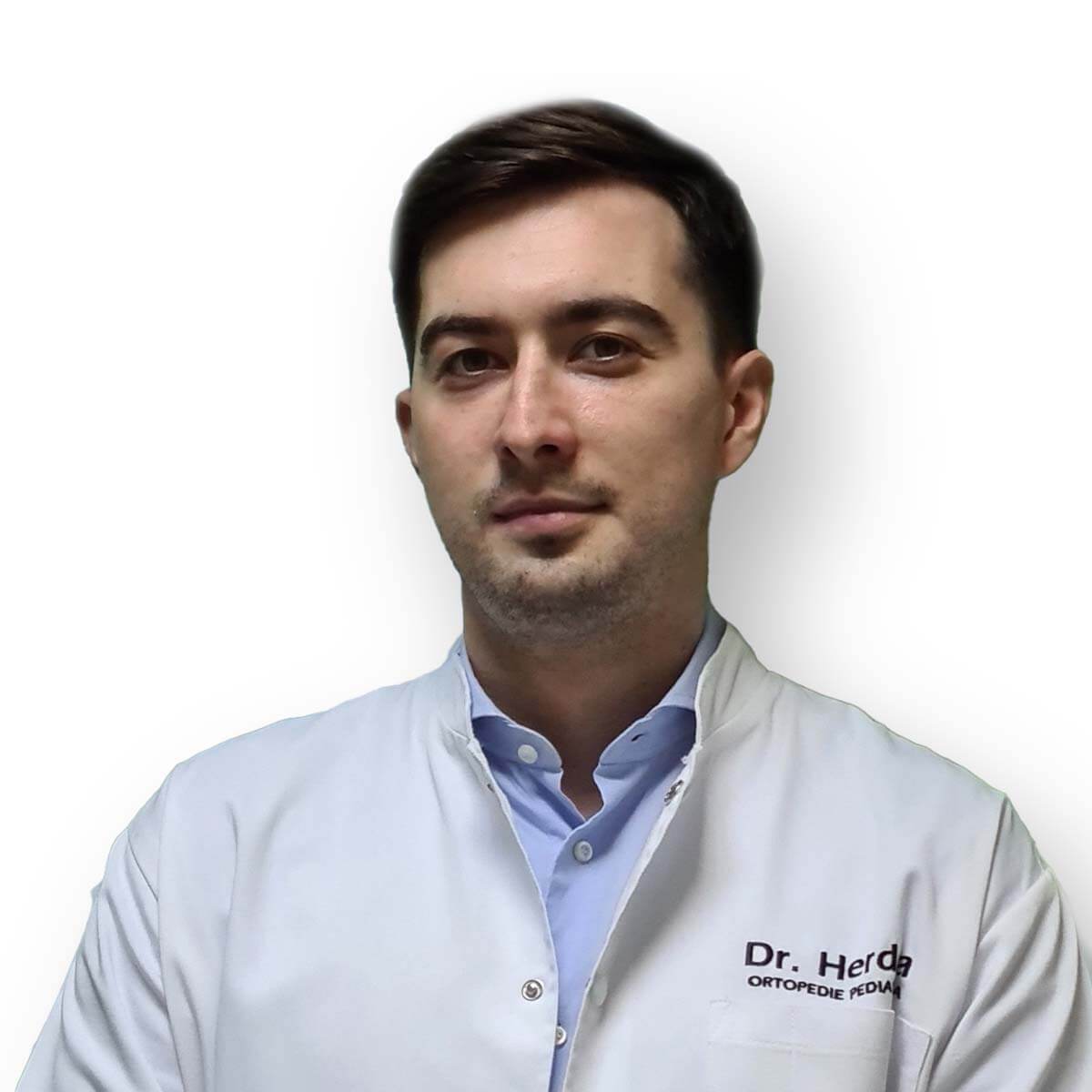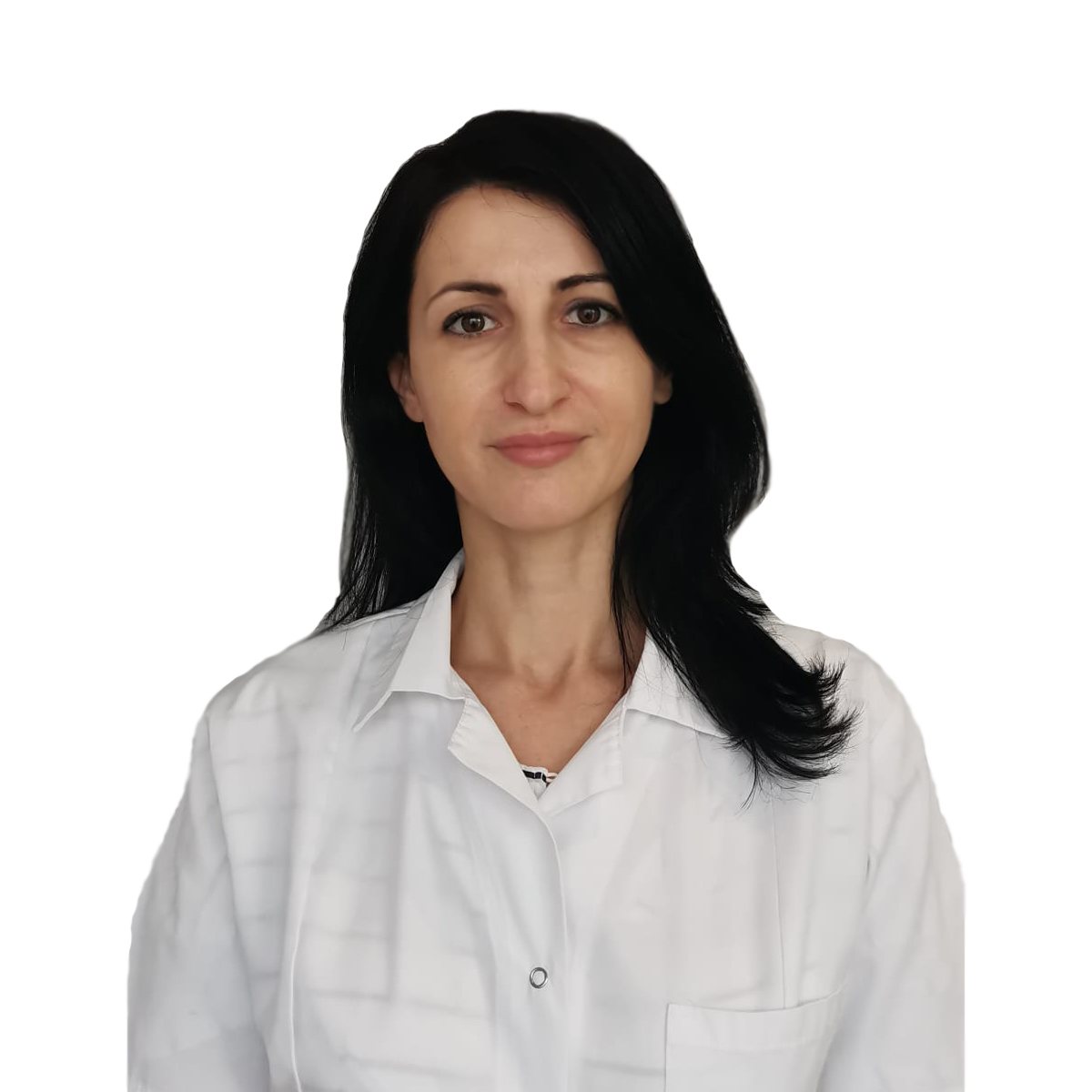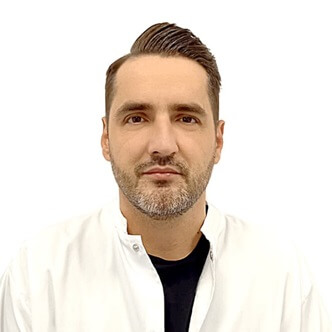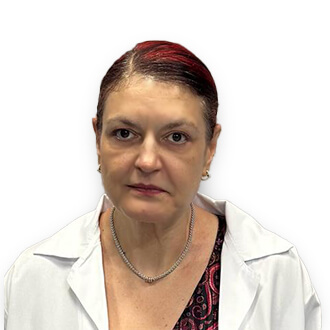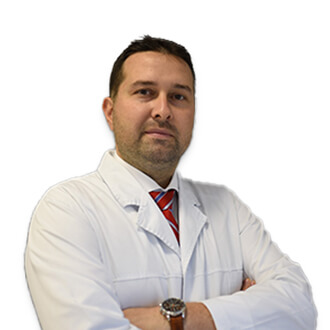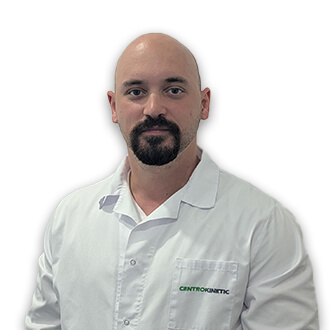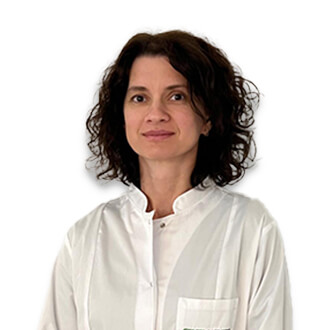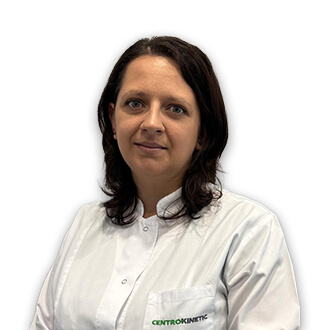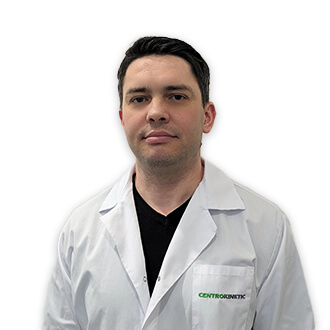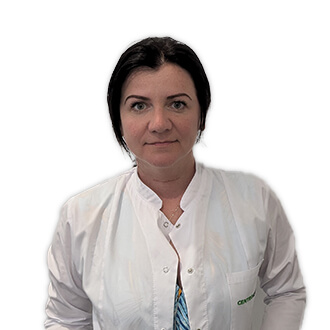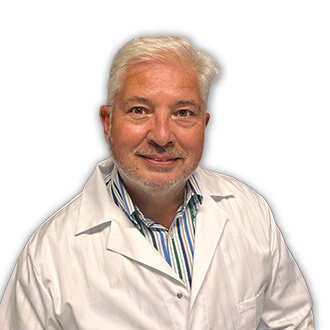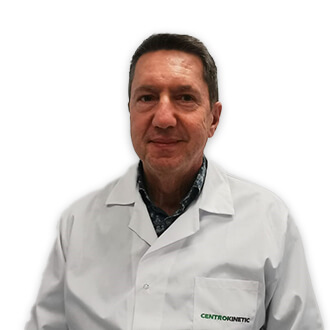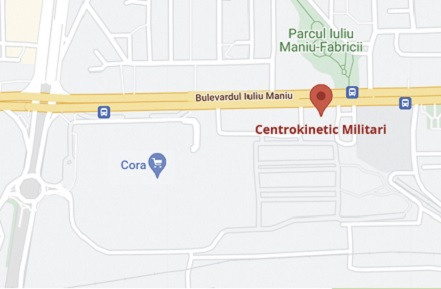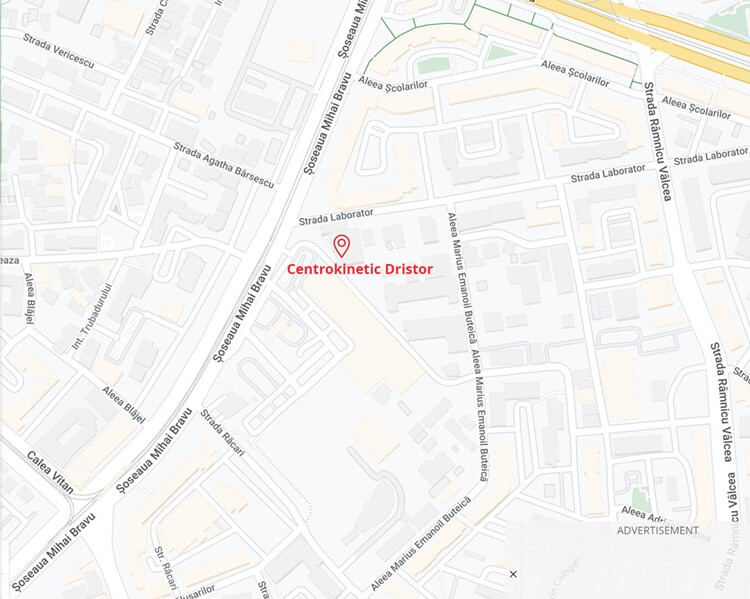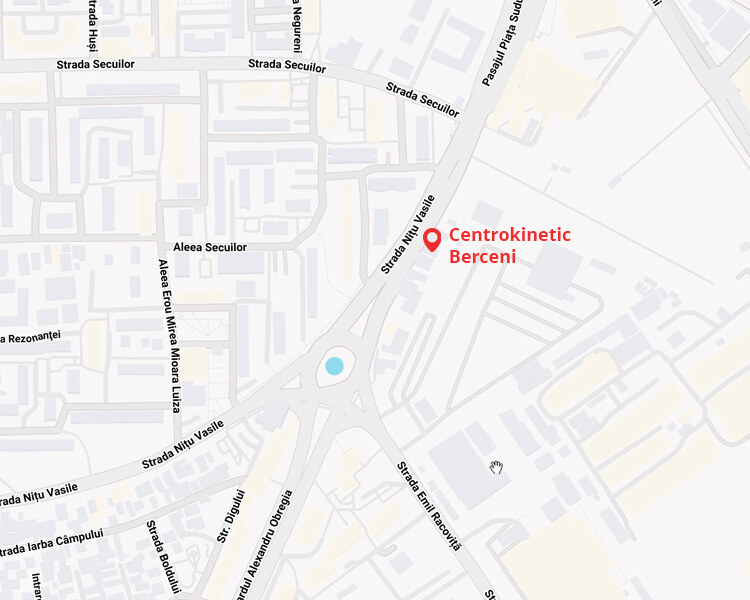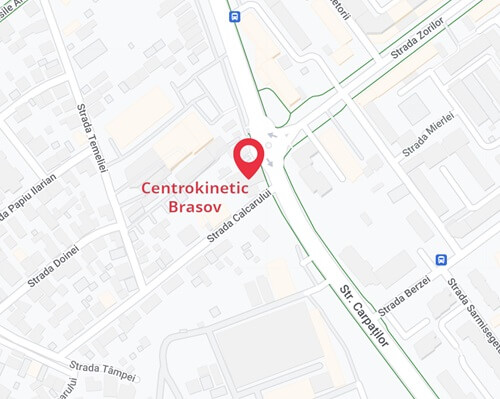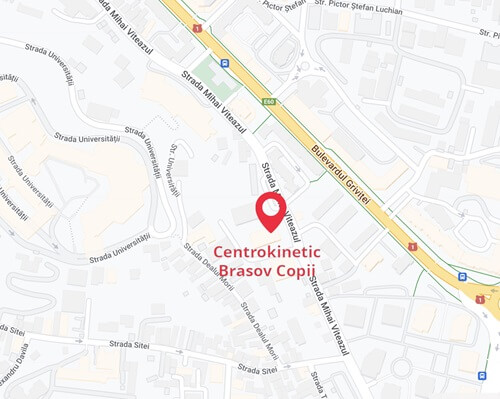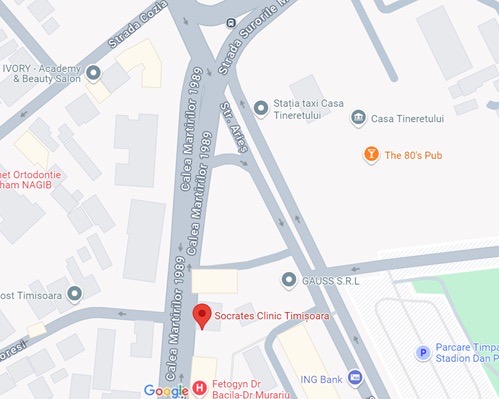How to Avoid Complications After Herniated Disc Surgery and Facilitate the Recovery Process?
A herniated disc is a condition that occurs when one of the intervertebral discs of the spine becomes damaged. These discs act as shock absorbers between the vertebrae, but over time or due to trauma, they can wear out. When a disc becomes damaged, its soft inner part can protrude, compressing nearby nerves. This is a herniated disc, and it can cause severe pain, weakness, and numbness in different parts of the body.[1] Surgery is one of the treatment options for a herniated disc, typically recommended only when absolutely necessary because conservative treatment has not been effective. The surgical procedure can significantly improve the quality of life for patients by reducing pain and improving mobility.[1][6] However, the success of the surgery also depends on how the recovery period is managed, both to prevent complications and to facilitate the recovery process.
What Complications Can Arise After Herniated Disc Surgery?
In general, surgery for a herniated disc is considered a safe procedure. However, as with any surgery, there is a possibility of complications. These can include:
- infections;
- nerve or blood vessel injuries;
- bleeding;
- cerebrospinal fluid leaks;
- formation of blood clots in the deep veins (deep vein thrombosis);
- recurrence of the herniated disc;
- persistence or recurrence of symptoms.[1][3]
Despite these potential complications, most patients recover well after herniated disc surgery and significantly improve their quality of life. The risk of complications varies depending on several factors, including the patient's age and overall health, the type of herniated disc, and the type of surgery performed.[1][3]
How to Avoid Complications and Facilitate Recovery?
What to Do After Herniated Disc Surgery
Follow Medical Instructions
After herniated disc surgery, it is essential to strictly follow medical instructions to avoid possible complications and facilitate recovery. Each patient is unique, and the recovery plan will be personalized according to the type of surgery and individual characteristics. Take prescribed medications as instructed by your doctor, adhere to recommendations regarding rest periods, wearing a corset or other such devices, and returning to normal activities, the types of physical activities allowed/forbidden, wound care, and any other instructions received from the doctor.[4][5][7]
Adopt a Healthy Lifestyle
Unhealthy habits, such as smoking, obesity, and lack of physical activity, can significantly increase the risk of postoperative complications and affect recovery after herniated disc surgery. Make sure to maintain a healthy lifestyle. A balanced diet rich in nutrients that aid tissue recovery is essential. It is advisable to quit smoking, avoid alcohol, and other harmful substances. Engaging in moderate physical activity, adapted to your health condition, can significantly contribute to recovery.[4][5][7]
Follow the Prescribed Physical Therapy Program
Physical therapy is an invaluable ally in the recovery process after herniated disc surgery. The physical therapist will establish an exercise program tailored to each patient, aiming to strengthen the back and abdominal muscles, improve flexibility, and reduce pain. To achieve optimal results, it is essential to follow this physical therapy program as long as necessary.[4][5][7]
Maintain Proper Posture
Good posture will reduce strain on the spine and promote healing. If you need to sit, choose a chair with a backrest and armrests, which will help you sit up straight and maintain proper posture.[5]
Choose the Right Sleeping Position
It's important to get enough rest during the healing process, but equally important is how you sleep, particularly the position you adopt while sleeping. If you sleep on your back, place pillows under your head and knees. If you sleep on your side, position a pillow under your head and another between your knees.[5]
What Not to Do After Herniated Disc Surgery
Avoid Activities That Could Affect the Recovery Process
Avoid bending, twisting at the waist, lifting weights, or any other activities that could affect the spine and its recovery. All these activities can increase the risk of herniated disc recurrence.[1][4][5]
Avoid Sitting or Lying Down for Long Periods
Rest is important after this type of surgery, but that doesn't mean you should avoid movement altogether. On the contrary, it's recommended to avoid sitting or lying down for extended periods as much as possible. Try to get up and take at least a few steps periodically—this will help improve flexibility and mobility.[5]
Don't Rush to Resume Normal Activities
No matter how much you want to resume normal activities, it's important to do so at the right time. This can vary depending on how the recovery process is going, the type of surgery performed, and other factors. For example, after a discectomy, it is generally recommended to resume lightly demanding activities two weeks after surgery, routine activities after 6 weeks, and highly demanding activities or contact sports after 12 weeks.[1][3][4]
As a general recommendation, it is advisable to discuss with your surgeon when you can resume certain activities (e.g., driving) or when you can return to work (especially if it involves physical effort or activities demanding on the spine).[7]
Don't Smoke
Smoking can affect the healing process and increase the risk of developing complications. Quitting smoking can thus have a significant impact on recovery after herniated disc surgery.[7]
When to Seek Medical Help After Herniated Disc Surgery?
If you have undergone herniated disc surgery, seek medical attention if:
- you notice signs of infection—these can include swelling of the incision area, skin discoloration around the incision, and fever;
- you experience severe pain, sudden numbness, or muscle weakness, difficulty breathing, difficulty urinating, or defecating;
- you notice any other potential warning signs.[1]
Regular medical check-ups after such surgery are mandatory. Even if you feel well, these check-ups can help with the early identification of any complications and allow for monitoring of recovery progress. Additionally, it is recommended to maintain constant communication with the medical team and follow all instructions received to facilitate the recovery process and prevent complications.[3][5]
Recovery after herniated disc surgery requires time, patience, and close collaboration with the medical team. By following the advice presented above and maintaining a positive attitude, you can accelerate the healing process and enjoy an active, pain-free life again.
Bibliography:
- „Diskectomy: What It Is, Purpose, Procedure & Recovery”, Cleveland Clinic, 2023. Accessed on August 14, 2024.
- Holland, Kimberly. „How Long Does It Take to Recover from Back Surgery?”, Healthline, 23 June 2023. Accessed on August 14, 2024.
- „Overview - Lumbar Decompression Surgery”, NHS Choices, 2024. Accessed on August 14, 2024.
- Pietrangelo, Ann. „Herniated Disc Surgery: What to Expect”, Healthline, 21 Jan. 2015. Accessed on August 14, 2024.
- „Recovering from Back Surgery”, WebMD, 2022. Accessed on August 14, 2024.
- „When Do I Need Surgery for a Herniated Disk?”, WebMD, 28 Nov. 2016. Accessed on August 14, 2024.
- „Your Guide to Spine Surgery Preparing for and Recovery from Surgery”, Johns Hopkins Medicine. Accessed on August 14, 2024.
BUCHAREST TEAM
CLUJ NAPOCA TEAM
BRASOV TEAM
MAKE AN APPOINTMENT
FOR AN EXAMINATION
See here how you can make an appointment and the location of our clinics.
MAKE AN APPOINTMENT




















